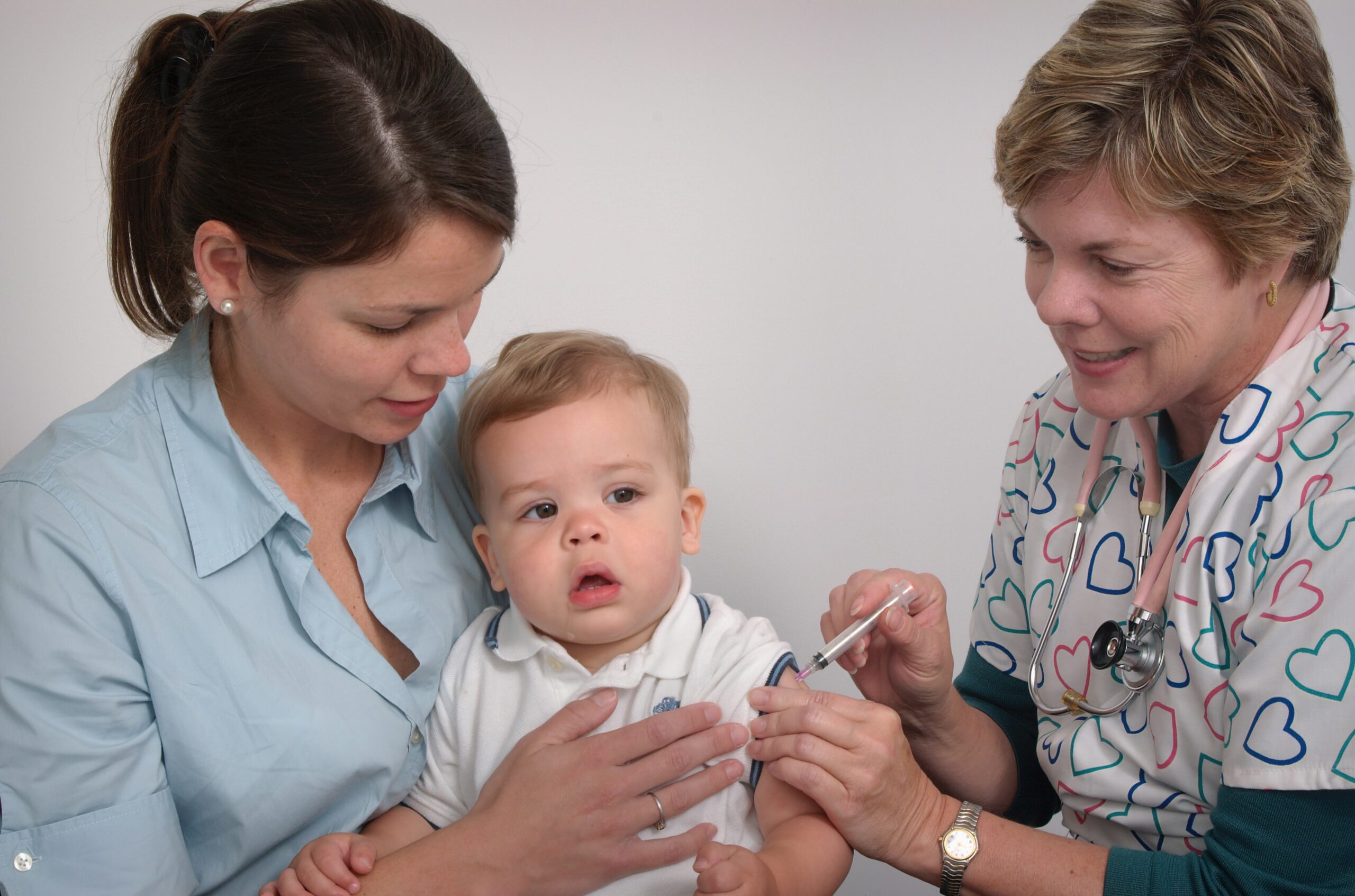Pharmac is proposing to widen access to the meningococcal B vaccine, Bexsero, to include infants and some young adults.
Pharmac is seeking feedback on the proposal to fund the meningococcal B vaccine from 1 March 2023 for children up to 12 months of age and people aged 13 to 25 years who are entering into or in their first year of close-living situations, such as boarding school hostels.
Currently, the vaccine is only funded for people who are close contacts of a meningococcal case, or are at high risk.
The SMC asked experts to comment. Feel free to use these comments in your reporting or follow up with the contact details provided.
Dr Amanda Kvalsvig, Epidemiologist, University of Otago, Wellington, comments:
“It’s great to see this plan for wider access to the meningococcal B vaccine. Meningococcal disease is a devastating condition. People with this infection can become seriously ill within hours, so vaccine-based prevention is a key approach. We’re lucky to have effective vaccines against all of the main serogroups that cause meningococcal disease in Aotearoa New Zealand, and current policy is appropriately targeted to the ages when children and young people are most at risk. But the vaccines don’t offer lifelong protection, so New Zealand also needs a comprehensive strategy to coordinate an array of control options and permanently reduce the harms experienced by New Zealanders from this terrible disease.
“First of all, the strategy should build on the tremendous expertise developed by community providers during the pandemic to ensure that meningococcal vaccines are not only available, but easily accessible in practical terms by those who are most at risk. Beyond vaccines, other measures include:
- Healthy housing, a vital protection because poor quality, crowded housing is a major risk factor for this infection and many others;
- Streamlined access to emergency treatment so that sick children can be rapidly diagnosed and immediately started on antibiotics in the community before travelling to hospital
- An active and purposeful approach to outbreak control, using newer tools like genomic epidemiology to understand how outbreaks spread across borders and within communities
- A programme of work to identify and deliver the long-term support that is needed by families who have experienced meningococcal disease.”
No conflicts of interest declared
Associate Professor Helen Petousis-Harris, Vaccinologist, University of Auckland, comments:
“Hooray! This is wonderful news, I have been hoping to see this vaccine funded for several years.
“Meningococcal disease is rare but particularly nasty. Aotearoa has experienced epidemics and outbreaks in the past, with a horrific Group B epidemic that raged through the 1990s until around 2008. Many lives were lost, and others devastated by long term complications. An effective vaccine (MeNZB) was eventually developed but by the time it was deployed the epidemic had eased.
“The threat of another major meningococcal disease outbreak has been concerning for some time but there are effective vaccines available. An important point that people need to be aware of is that there are several sero-groups of meningococcal bacteria and optimal protection against all requires two different types of vaccines. Protection lasts several years.
“Development of a Group B vaccine eluded vaccinologists for decades, whereas the other serotypes of concern (A, C, W135, and Y) have been preventable for many years. Group B causes around two thirds of the meningococcal disease in NZ, depending on the year.
“Bexsero targets the Group B serotypes of the meningococcus as well as some of the others to a lesser extent. The history of the development of Bexsero is a fascinating story. It is the first vaccine developed using ‘reverse vaccinology’ technology, and of interest to Kiwis, the NZ MeNZB vaccine also plays an important role.”
Conflict of interest statement: “Helen Petousis-Harris led a Novartis/GSK funded study on the effectiveness of the NZ MeNZB vaccine against gonorrhoea.”
